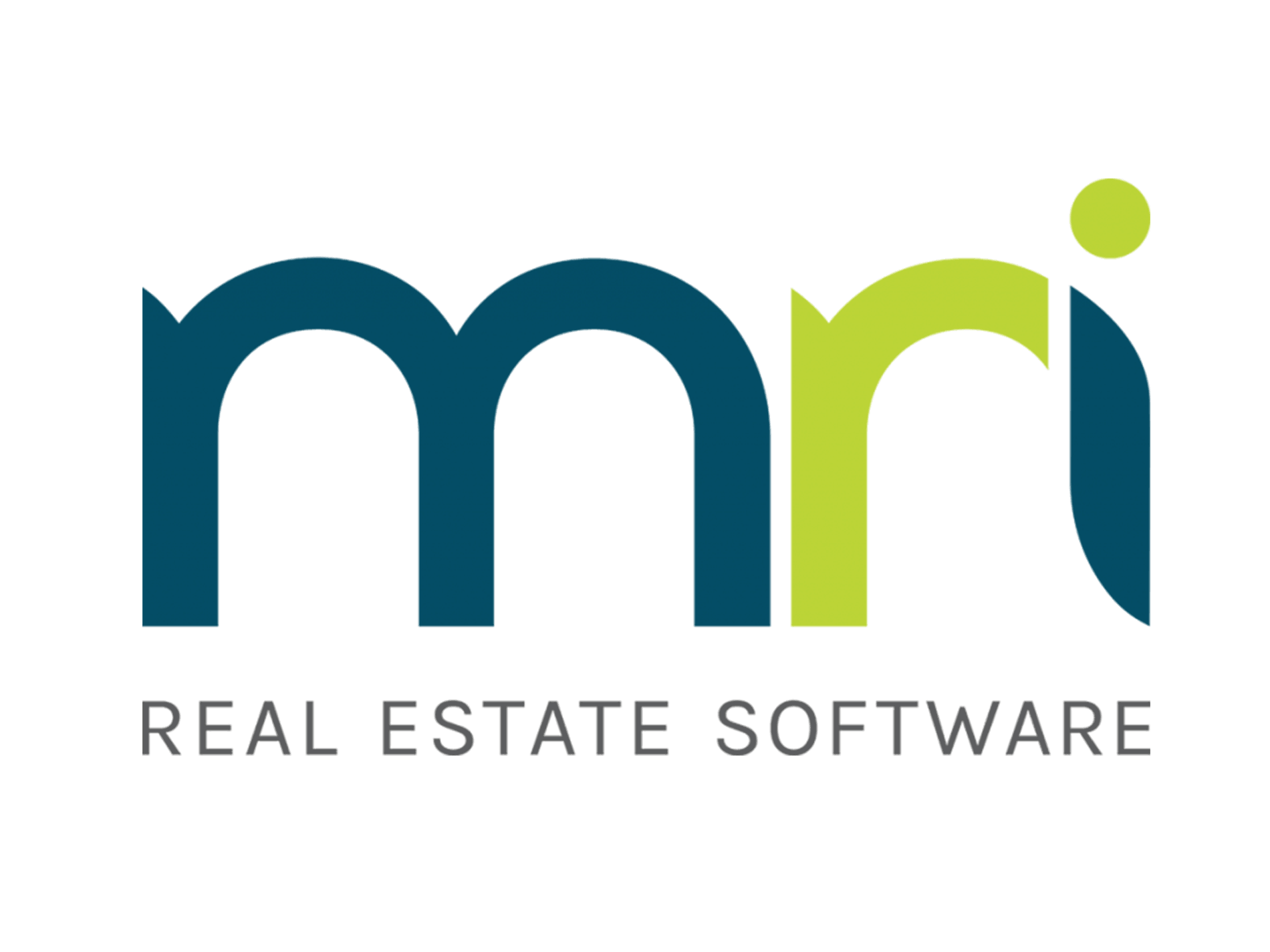Property Managers Could Carry Your Portfolio Through The Recession, But Do You Look After Them?

The role of property managers has changed significantly in the last few years. The pandemic created a new level of health and safety protocols to be maintained, along with new tenant expectations. Property managers must now grapple with heightened expectations of customer service, as well as the increasing call for sustainability features in buildings.
Amid all these changes, it’s possible to lose sight of the people within the profession. Software provider MRI has now launched its second EMEA Voice of the Property Manager survey. The aim of the survey is to identify key property management trends, challenges, satisfaction levels and how technology is being leveraged to address these.
“We want to generate insights that will help drive success for both property managers and property owners,” MRI Vice President of Marketing EMEA James Lavery said. “Last year, we uncovered the challenges facing individuals that the property sector needs to address. As recession looms, it is more important than ever to understand how to give teams all the support and tools they need to provide the service tenants expect today.”
The Voice of the Property Manager survey creates a snapshot of the individuals within property management — their age, their gender, their length of service. From here, it focuses on types of properties they manage, the size of portfolios and the services they offer. Reading the results of the 2021 survey provides property owners with a view of job satisfaction in the sector, as well as workload pressures and the challenges they are facing.
MRI’s 2021 survey found that despite high overall job satisfaction, a third of UK property managers work more than 50 hours a week. More than half (51%) saw their workload as heavy and 25% admitted to struggling with workload and mental health issues. Only 11.5% had received mental health or wellness training.
“It’s not a huge surprise that the wellbeing of property management professionals needs addressing,” Lavery said. “Property managers are facing rising demands from both property owners and tenants, especially on the residential side. Trade bodies have started programmes around wellbeing in a bid to ensure property owners are providing the right support, but more could be done.”
Pandemic aside, Lavery said that the UK’s cladding crisis because of the Grenfell tragedy increased necessary building safety measures. Property managers can often be stuck in the middle of this; they are charged with implementing new measures, without being able to influence what those measures are. This burden falls on top of the need to meet higher levels of customer service.
“Over the last 15 years we have all grown accustomed to receiving excellent customer service in every aspect of their lives, whether that’s digital or in person,” he said. “People now expect that from property managers. In the past, property was lease-centric — the customer was just the name on a lease. That’s not good enough anymore.”

The growing build-to-rent market is placing more pressure on property managers. MRI’s 2021 report found that 21% of respondents manage BTR properties, a sector that traditionally offers a much higher level of customer service than other residential subsectors.
“BTR operators rely on property managers to do an excellent job, as it’s all about recurring revenue,” Lavery said. “The whole investment structure views BTR as a subscription model. This means it is more important than ever for the people delivering services to be looked after.”
Many property managers enter the BTR market from the hospitality sector, lending their expertise to an industry that has been less customer-facing in the past. Lavery said that landlords need to now balance those skills with ensuring their property management teams still have the skills needed to manage real estate effectively.
One way to ensure that property managers have the tools they need is to invest in the right technology. Technology can save property managers considerable time, allowing them to streamline their workload while providing the level of customer service they need to provide, Lavery said. In 2021, survey respondents said that tenant communication was their biggest challenge, a process that could be managed through apps.
However, providing support to property managers can be as much about investing in time as it is in technology.
“It has always been the case that technology is only as good as its implementation and training given,” Lavery said. “This is a challenge the industry needs to grapple with. There’s so much technology today that landlords need to focus on understanding which elements they really need. It’s about investing in the right technology stack so the team can generate a competitive advantage.”
Lavery believed that the role of the property manager will continue to evolve over the next few years as landlords face increasing pressure to add value and services. Against a tough economic landscape, they will need to work even harder to ensure their property managers are looked after.
“Property managers have often been the hero in a recession from an income point of view,” he said. “Transactions might fall but rent needs to be collected and the property maintained. This is yet another reason property owners should invest in their staff. Our Voice of the Property Manager survey will highlight how well this is being achieved.”
This article was produced in collaboration between MRI and Studio B. Bisnow news staff was not involved in the production of this content.
Studio B is Bisnow’s in-house content and design studio. To learn more about how Studio B can help your team, reach out to studio@bisnow.com.

